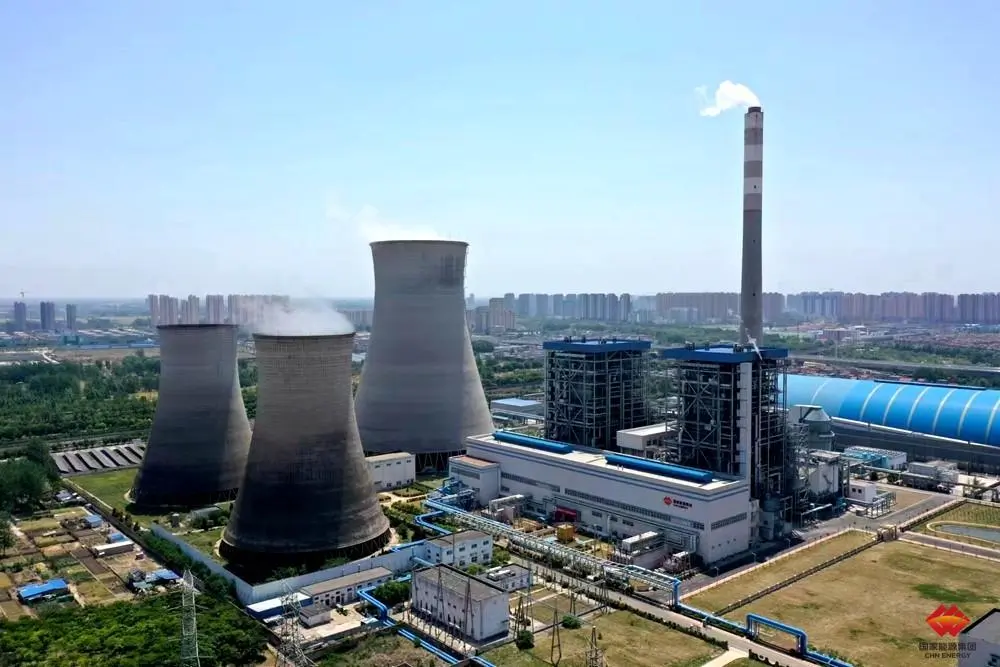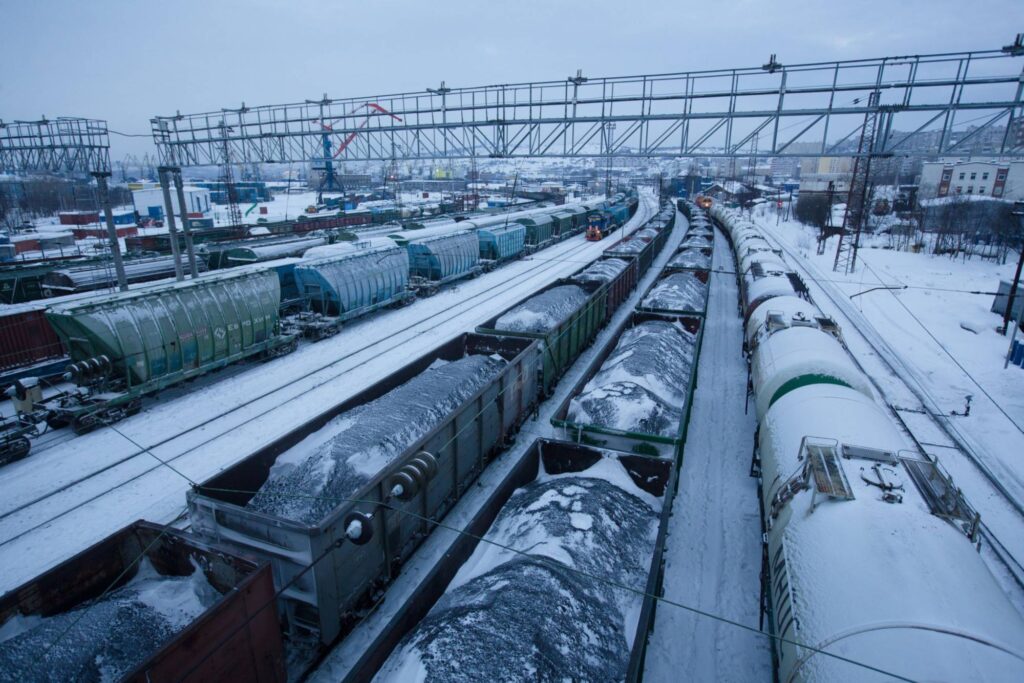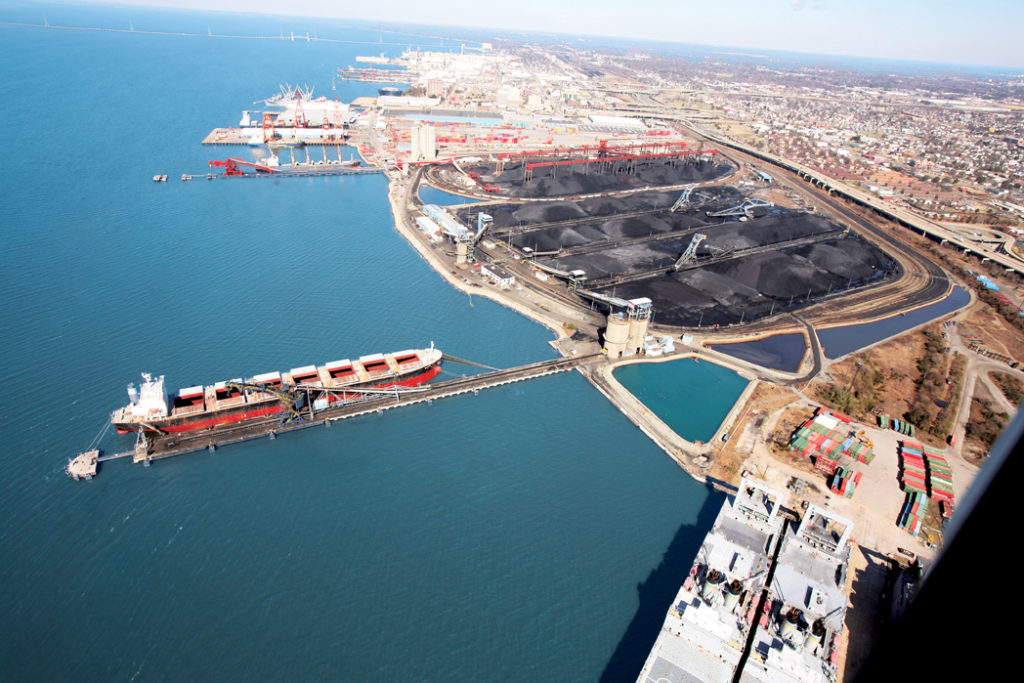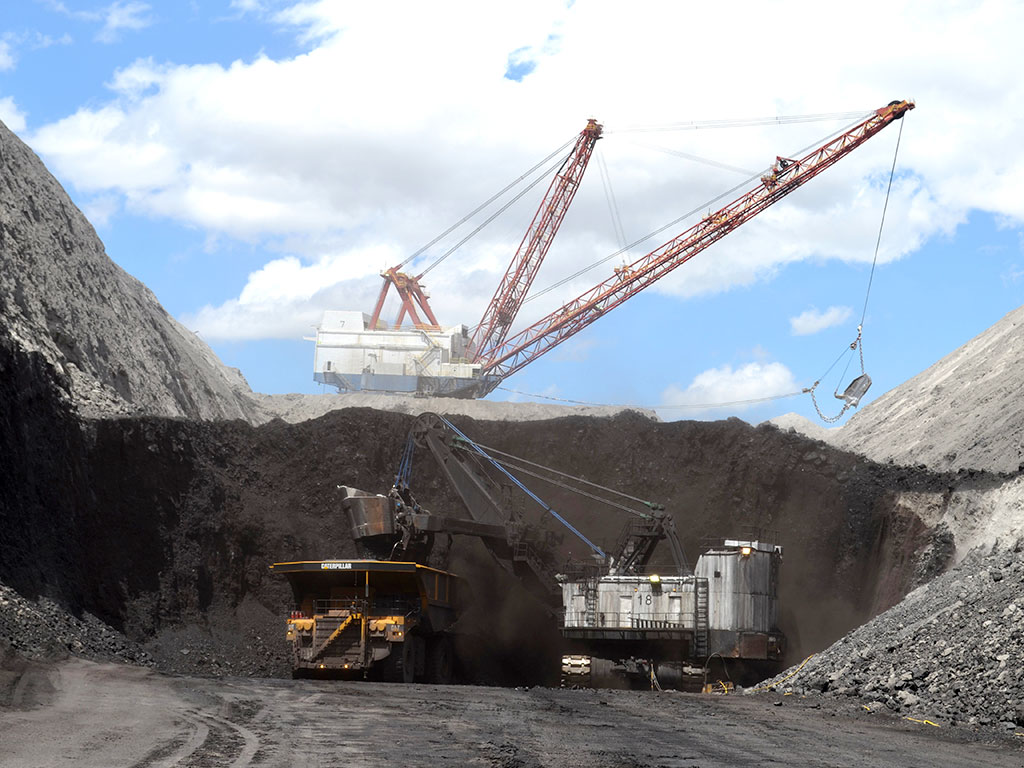South Africa has released a new electricity masterplan that suggests more gas-fired power, a slower phase-out of coal and less renewable generation capacity than previously planned.
The draft Integrated Resource Plan (IRP) 2023 outlines the government’s immediate plan up to 2030 to address South Africa’s current electricity supply crisis, as well as its preferred energy pathway in 2030-50. It is meant to inform policy decisions that can provide an optimal, diversified energy mix and supply security at minimal cost, while ensuring compliance with the country’s emission reduction commitments.
But in what critics have described as an “admission of failure” by the government in its declared purpose to eliminate load shedding, the plan sees significant electricity shortages persisting until at least 2027, regardless of which energy mix is chosen.
To mitigate the supply shortfall, “the deployment of dispatchable generation options such as gas-to-power must be accelerated as they can be adapted to power system requirements in a relatively short time”, according to the plan. IRP 2023 proposes that 7.2GW of gas-fired power be rolled out by 2030, more than double the 3GW extra capacity that was envisaged in the IRP 2019.
Wind and solar generation of 4.5GW and 3.6GW, respectively, would also be added up to 2030. But this is considerably less than the 14.4GW from wind and 6GW from solar outlined in IRP 2019. Just like the previous plan, IRP 2023 sees coal as continuing to play a significant role in the country’s electricity generation. “Given the abundance of coal resources in the country, investment in more efficient and cleaner coal technologies is necessary,” it said. IRP2023 proposes that the decommissioning of some Eskom plants should be postponed, and that some new coal capacity should even be added.
This contradicts the vision of the Just Energy Transition Partnership (JETP), whereby richer nations pledged $8.5bn to support South Africa’s transition to a low-carbon economy and, specifically, to accelerate its phase-out of coal-fired electricity. Under IRP 2019, 1.5GW of new coal-fired capacity would be added by 2030, but this would be offset by around 10.5GW decommissioned by 2030 and 35GW by 2050. But “delaying some of these units’ shutdown would have a positive net effect on generation capacity in the earlier years”, IRP2023 suggests.
So the new plan proposes that the decommissioning of five Eskom plants amounting to 15GW should be postponed beyond 2035 by around 10 years and that clean coal capacity of around 5GW should be added. In addition, the energy availability factor (EAF) of Eskom’s coal-fired fleet should be improved to meet electricity demand and cut load shedding, IRP 2023 says. But commentators have questioned the legitimacy of this goal, given that the EAF currently stands at 55pc — well below an average EAF of 75pc assumed in IRP 2019.
It is further critical to avoid shutting down coal-fired power plants to comply with minimum emissions standards to retain capacity of 16GW immediately and up to 30GW in April 2025, according to the new plan. “A balance will need to be found between energy security, the adverse health impacts of poor air quality and the economic cost associated with these plants,” it says.
“In the 2031-50 period, it is evident that energy pathways based on renewable and clean energy technologies only deliver the desired outcome in so far as decarbonising the power system. However, these pathways do not provide security of supply while carrying the highest cost to implement,” IRP 2023 says.
Instead, it advocates “dispatchable technologies with high utilization factor” and pathways consisting of different combinations of nuclear, renewables, clean coal and gas. “Notably, these pathways support the carbon reduction commitments,” it claims. The proposal disappoint expectations that South Africa would revise its electricity sector blueprint to reflect its more ambitious greenhouse gas reduction target adopted in 2021 and a faster phase-out of coal-fired electricity to which it committed under the JETP.
Stakeholders have until 23 February to comment on the plan.







